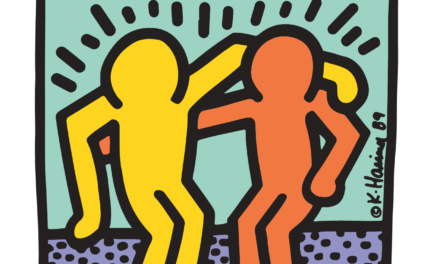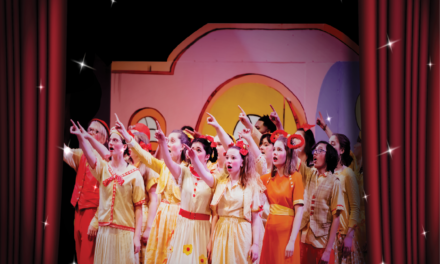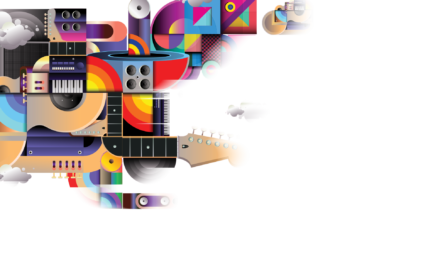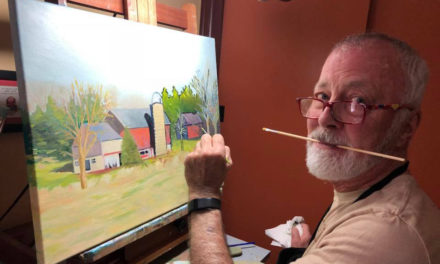The culture and history of our country is brimming over with signs of gambling. So much so, that it is now a common or even a daily practice for many: placing bets online, connecting with a “bookie,” playing fantasy football, slot machines at the casino, and poker with friends are all common pastimes.
With gambling as such an intrinsic part of our culture, we thought we should look at the current state of gambling specific to Wisconsin. What are the local gaming laws, both currently and moving forward, and what effect might gambling have on our society?
Legally Speaking
In Wisconsin, betting on dog racing, activities in tribal casinos, and lotteries are the most prominent examples of government sanctioned wagering. In addition, wagering on bona fide contests of skill like snowmobile racing are legal, as are bingo, raffles, and other charitable games. Milwaukee Criminal Defense Attorney Chris Cherella said that gambling regulations have, for the most part, always been under the province of state and local government.
“Historically, gambling has been looked down upon and generally prohibited in most states,” Cherella said. “However, the laws in many states have been loosened due, in large part, to the tax revenues generated from legalized gambling activities.”
States like Nevada and New Jersey have been the least restrictive toward gambling for most of the past century. And while the laws of Wisconsin have been traditionally against gambling, that attitude is slowly changing in America’s Dairyland. Allowing tribal casinos the opportunity to add a “Sportsbook,” which is a place to watch and wager on a variety of different sports, is one expansion currently underway.
This increase in permitted activity has come slowly due to the government balancing what is best with society against building new revenue streams.
“The Wisconsin legislature, in legalizing certain gambling activities, must balance certain fundamental issues,” Cherella said. “These issues include, for example, the state’s monetary interest in collecting tax revenues, allowing individuals to exercise their own personal decisions in a free society, curtailing citizens from running roughshod over their own interests by engaging in excessive gambling, and allowing businesses to act independently within a certain set of defined state regulations.”
 Where It All Happens
Where It All Happens
The primary gambling oversight and decision-making body in Wisconsin is the Division of Gaming. It has two main commissions: The Office of Charitable Gaming and The Office of Indian Gaming and Regulatory Compliance. At the federal level, the Indian Gaming Regulatory Act regulates all gambling establishments on Indian reservations.
Currently, people looking to bet on sports in Wisconsin will find that they have limited options, but that has begun to change. On Aug. 20, 2021, the U.S. Bureau of Indian Affairs approved revisions to a gaming compact signed in July between Wisconsin Governor Tony Evers and the Oneida Nation, which included provisions for event wagering on tribal lands.
Some gambling entities are eager to get started, but progress is slow, as this timeline of events demonstrates:
Feb. 21, 2022: Oneida Casino’s sportsbook app goes live, providing Wisconsin bettors with the ability to wager on sports via their mobile devices in select locations (the other 10 Wisconsin tribes with gaming compacts).
Oct. 4, 2022: The Sokaogon Chippewa Community agrees to a gaming compact with the state allowing the tribe to offer event wagering at its Mole Lake Casino & Lodge, as well as other locations within its reservation.
Oct. 11, 2022: Gov. Tony Evers struck additional deals to expand Wisconsin sports betting on tribal lands.
“What a lot of people in Wisconsin may not realize is that it was a little bit longer process to bring about these changes,” said Oneida Casino’s CFO Chad Fuss. “We started this endeavor probably about two-and-a-half years ago and have been consistently trying to work with the state of Wisconsin.”
Potawatomi Hotel and Casino stated they are looking to jump-in as soon as it is viable for them. “We don’t want our guests to have to travel elsewhere to place that bet. We look forward to the day our guests can wager on their favorite team right here in Milwaukee,” The Casino said in a released statement.
It seems like there could be many benefits from increased gambling opportunities in Wisconsin. But are there any potential pitfalls in this steady march toward increased gambling?
The Other Side of the Coin
Lorri Pickens with Citizens Against Expanded Gambling said that her organization believes that gambling is not good for economic development in Wisconsin. Pickens’ non-profit was founded in 1993 and claim that they are tasked with the education and promotion of problem gambling.
She does not believe that changing the current laws will provide Wisconsinites with a true economic boost. “This is lazy legislation when you think about it,” Pickens said. “In order for government and the casinos to win, someone has to lose. Little to nothing the gambling industry does is based on honesty.”
Pickens stated that her organization does not take the position that gambling needs to go away but instead that they are encouraging the gambling entities to put some honesty behind their efforts.
One example of this dishonesty Pickens cites is the Wisconsin lottery. The laws as currently written do not allow lottery officials to spend money on marketing and advertising, yet we all have seen or heard hundreds of ads promoting the lottery. Pickens said to get around the laws the state takes money out of the budget each year to pay for the ads and claim they are simply “product information.”
“Scratch tickets are sold in the poorest areas of the state,” Pickens said. “These residents are buying hope for a dollar. The industry pays for intensive studies to understand the emotional impacts on individuals and puts a lot of money into making it all appear wholesome, but it is not.”
Pickens compared the marketing of gambling and the lottery to how cigarettes were marketed before that practice became highly regulated. “For every one dollar spent on gambling it costs society three dollars,” she warned.
If you need assistance with gambling problems, there are many resources at your disposal including the Wisconsin Council on Problem Gambling’s 24-hour helpline and gamblers anonymous.
Online Gambling and Poker Options in Wisconsin
If you enjoy a home poker game with friends, it is legally classified as a form of gambling, although many people might think of it as a skill game and distinctly different from slots. To legally play poker in Wisconsin, gamblers today will need to go to one of the state’s many tribal casinos.
And finally, as far as online gambling is concerned, the current Wisconsin laws prohibit it. For the time being, it looks as though there will be no changes to the state’s online gambling laws.
Milwaukee Criminal Defense Attorney Chris Cherella offers gamblers this word of warning: “Currently, it is illegal to participate in any form of online gambling, so I strongly recommend you avoid any websites claiming to be totally legal and safe, because in Wisconsin today that simply isn’t true.”





